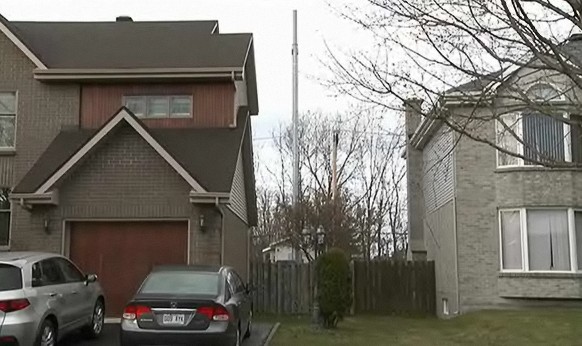
Is a cell tower coming to your neighbor’s backyard?
Amended language in a bill that would expand broadband service to rural Iowa strips local communities from regulating where wireless companies can place their cell towers, potentially threatening its passage.
The “killer” amended language originated from wireless phone company lobbyists, most likely working for AT&T, and suddenly appeared in the Iowa House version of the bill.
AT&T has routinely proposed such language in several states, claiming the new regulations are designed to “streamline” the expansion of cellular networks often held up by ‘spurious objections’ from local citizens opposed to the unsightly towers in their immediate neighborhoods.
Local governments have also regularly weighed in on approving cell towers in areas where they pose an aesthetic threat or a potential safety risk and some, according to AT&T, have interminably delayed consideration of cell site proposals.
The language in the House bill introduces time limits on cell tower approvals, prohibits communities from rejecting tower placement except under limited circumstances, and denies communities access to cell site documentation deemed private, competitive information by wireless companies.

(Unless you want to put a cell tower here)
The cell tower language is included in the House version of the Connect Every Iowan Act, legislation considered a priority by Gov. Terry Branstad this year. Branstad wants to remove financial and regulatory impediments and offer tax credits to stimulate expansion of broadband into areas most providers have previously deemed uneconomical to serve.
AT&T sees wireless broadband as a sensible alternative and the company has publicly advocated using wireless 4G technology in rural areas. If the House measure is approved, AT&T and other wireless companies can affix microcells or other cellular antennas to utility poles, street signs, or water towers without seeking permission from local authorities.
Colleagues in the Iowa state Senate were concerned about the language in the House version of the bill.
“The language in the House bill, in my view, is pretty egregious,” Sen. Steve Sodders, (D-State Center), who is leading the effort on the Senate bill. He told the Associated Press, “It really took away all local control of cell tower siting.”
“The real angst there is that without local control on these towers, these things can be built right in your neighborhood,” said Sen. Matt McCoy, (D-Des Moines). “Nobody wants to come home and see that. Finding that balance is going to be key.”
 Des Moines city attorney Jeff Lester noted the language in the bill cleverly favors cellular companies with a built-in guarantee of approval of their cell tower requests:
Des Moines city attorney Jeff Lester noted the language in the bill cleverly favors cellular companies with a built-in guarantee of approval of their cell tower requests:
The bill does not require cellular companies to provide company and business plan information to local governments when applying for a new cell tower site. Should municipal authorities deny a request, and a cellular company then brings the case to federal court, local authorities wouldn’t have the evidence necessary to justify their denial.
Lester said under federal law, company information serves as evidence in these appeals. Without it, there is no basis for denial, he said, and the ruling would be in favor of the cellular company.
Rep. Peter Cownie, (R-West Des Moines), who spearheaded the effort in the House, said determining where towers can or cannot go is a difficult task, but that it’s not his intent to weaken anyone’s say in their placement.
“I do not want to take away the authority of local officials in terms of cell tower siting,” he told AP. “I don’t think anyone’s goal is to take that away.”
Subcommittees in both chambers plan to meet to discuss the legislation next week.


 Subscribe
Subscribe
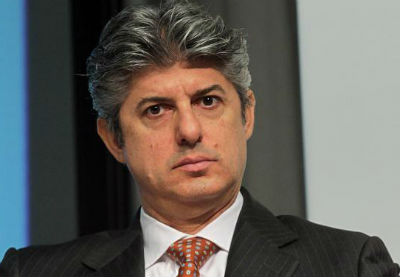
 “The first target now for a phone carrier is upgrading networks and transform it to a platform for high-value services,” Patuano said. “This is exactly what AT&T did and what we are calling for.”
“The first target now for a phone carrier is upgrading networks and transform it to a platform for high-value services,” Patuano said. “This is exactly what AT&T did and what we are calling for.”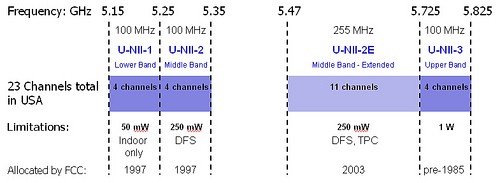
 Comcast customers using the company’s growing network of Wi-Fi network hotspots will have their usage tracked to their broadband accounts, opening the door for Comcast to count wireless use against a customer’s future monthly usage allowance.
Comcast customers using the company’s growing network of Wi-Fi network hotspots will have their usage tracked to their broadband accounts, opening the door for Comcast to count wireless use against a customer’s future monthly usage allowance.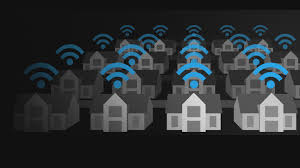 Xfinity WiFi Neighborhood Hotspots – In June of last year, Comcast announced its plans to create millions of WiFi access points for its customers through a neighborhood hotspot initiative. Comcast is the first major ISP in the country to deploy this innovative technology. This new initiative gives customers with Xfinity Wireless Gateways an additional “xfinitywifi” signal (or SSID) in their home that is completely separate and distinct from the private and secure home WiFi signal. Offered at no additional cost, the additional WiFi signal will allow visiting Xfinity Internet subscribers instant, easy access to fast and reliable WiFi without the need to share the home’s private network password and without an impact to the home subscriber’s speed. And since visitors sign in with their own Xfinity credentials, their usage and activities are tied back to their own accounts, not the homeowner’s.
Xfinity WiFi Neighborhood Hotspots – In June of last year, Comcast announced its plans to create millions of WiFi access points for its customers through a neighborhood hotspot initiative. Comcast is the first major ISP in the country to deploy this innovative technology. This new initiative gives customers with Xfinity Wireless Gateways an additional “xfinitywifi” signal (or SSID) in their home that is completely separate and distinct from the private and secure home WiFi signal. Offered at no additional cost, the additional WiFi signal will allow visiting Xfinity Internet subscribers instant, easy access to fast and reliable WiFi without the need to share the home’s private network password and without an impact to the home subscriber’s speed. And since visitors sign in with their own Xfinity credentials, their usage and activities are tied back to their own accounts, not the homeowner’s.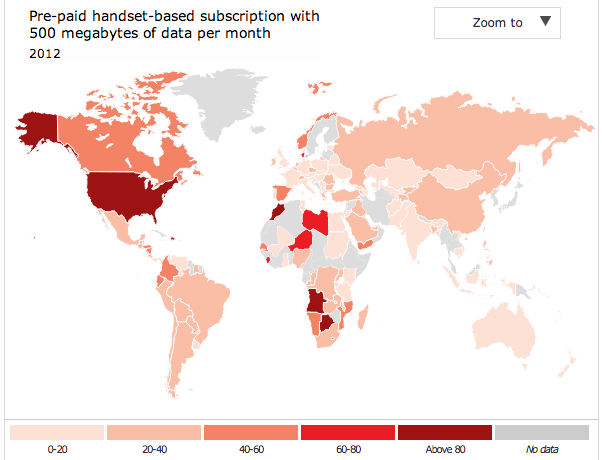 Sharma said the only disruption to this revenue growth in the United States comes from T-Mobile USA, which has recently cut prices on its service plans, forcing AT&T and Verizon Wireless to react with moderate price cutting. But with the significant disparity in market share between AT&T and Verizon vs. T-Mobile, neither larger carrier is expected to take a significant hit to their bottom lines without a mass exodus to the country’s fourth largest provider.
Sharma said the only disruption to this revenue growth in the United States comes from T-Mobile USA, which has recently cut prices on its service plans, forcing AT&T and Verizon Wireless to react with moderate price cutting. But with the significant disparity in market share between AT&T and Verizon vs. T-Mobile, neither larger carrier is expected to take a significant hit to their bottom lines without a mass exodus to the country’s fourth largest provider.